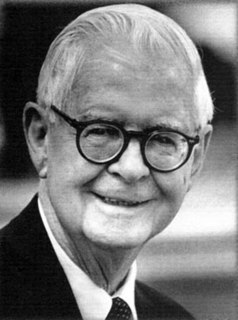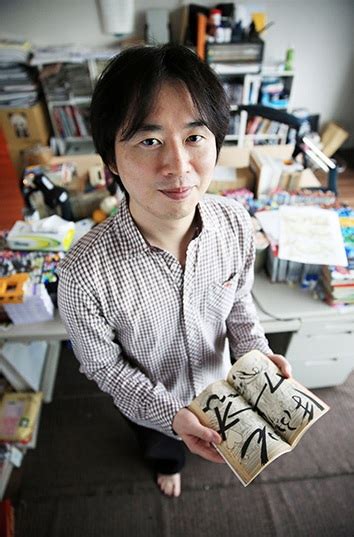A Quote by Javier Zanetti
You have to accept the criticism but you also have to consider how much of what is said and written is actually true.
Related Quotes
I don't have a very high opinion, actually, of the world of criticism - or the practice of criticism. I think I admire art criticism, criticism of painting and sculpture, far more than I do that of say films and books, literary or film criticism. But I don't much like the practice. I think there are an awful lot of bad people in it.
I would be a liar if I said I don't care [about my appearance]; yes, I care. I found it very difficult, when I first became well known, to read criticism about how I look, how messy my hair was, and how generally unkempt I look. The nastiest thing ever written was written by a man, and I do remember that. I wasn't looking for it either, it was just simply in the newspaper I was reading.
You see an artist, a creative person, can accept criticism or can live with the criticism much more easily than with being ignored. Criticism makes you feel alive. If somebody is bothered enough to speak vituperatively about it, you feel you have touched a nerve and you are at least 'in touch.' You are not happy that he doesn't like it, but you feel you are in contact with life.
When we try to describe one person to another …, what do we say? Not usually how or what that person ate, rarely what he wore, only occasionally how he managed his job—no, what we tell is what he said and, if we are good mimics, how he said it. We apparently consider a person's spoken words the true essence of his being.
I never felt like a happy-go-lucky ingenue to begin with. And parts are written better when you're older. When you're young, you're written to be an ingenue, and you're written to be a quality. You're actually not written to be a person, you're written for your youth to inspire someone else, usually a man. So I find it just much more liberating.
I appreciate good criticism and I think it's really important. I don't like it when it's consumer advocacy, like how you should spend your $60. Great criticism is a kind of literature. I've written some criticism, and I really enjoy it because I think it's important for people to know that theatre is vital. Criticism is really unevenly distributed in this town. Obviously the power of the Times is discouraging. It's killing new plays, demolishing one after another.





































